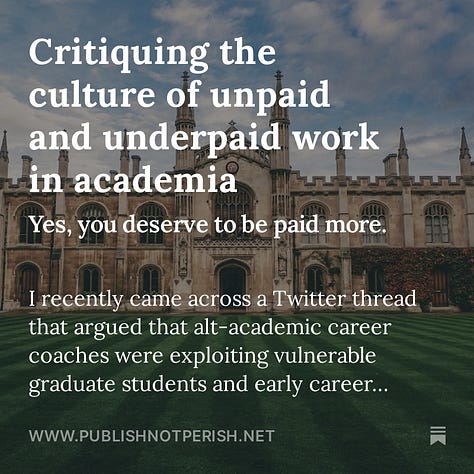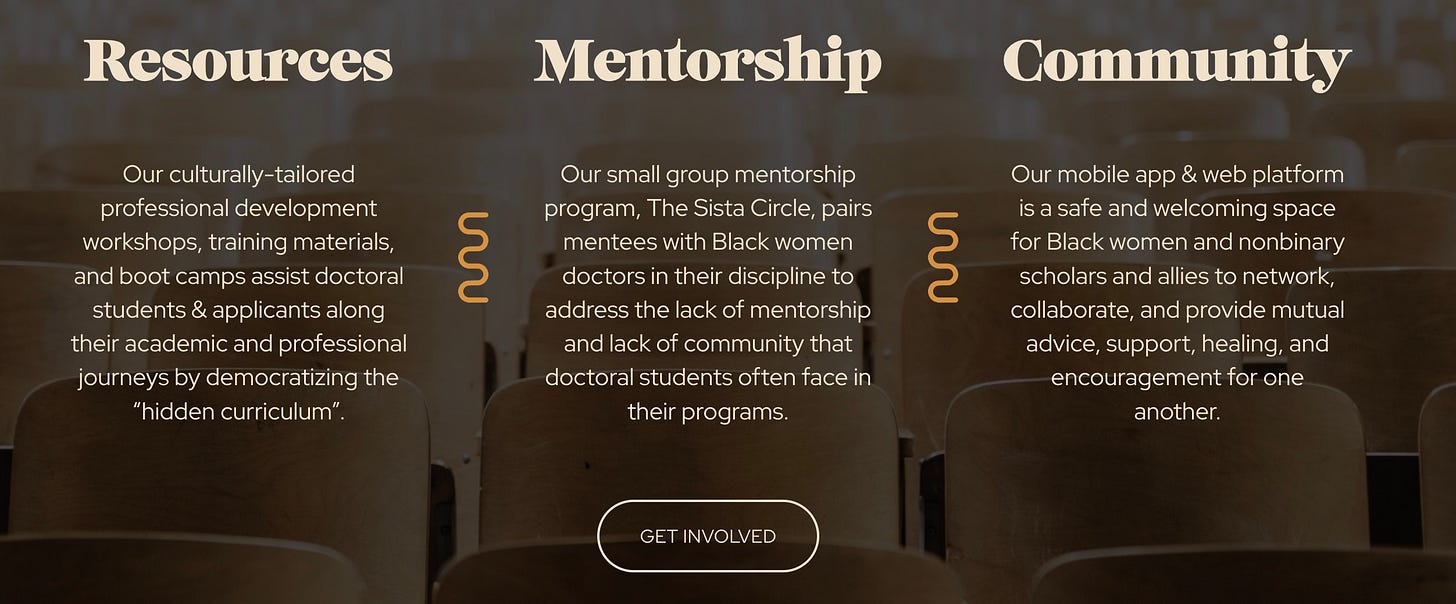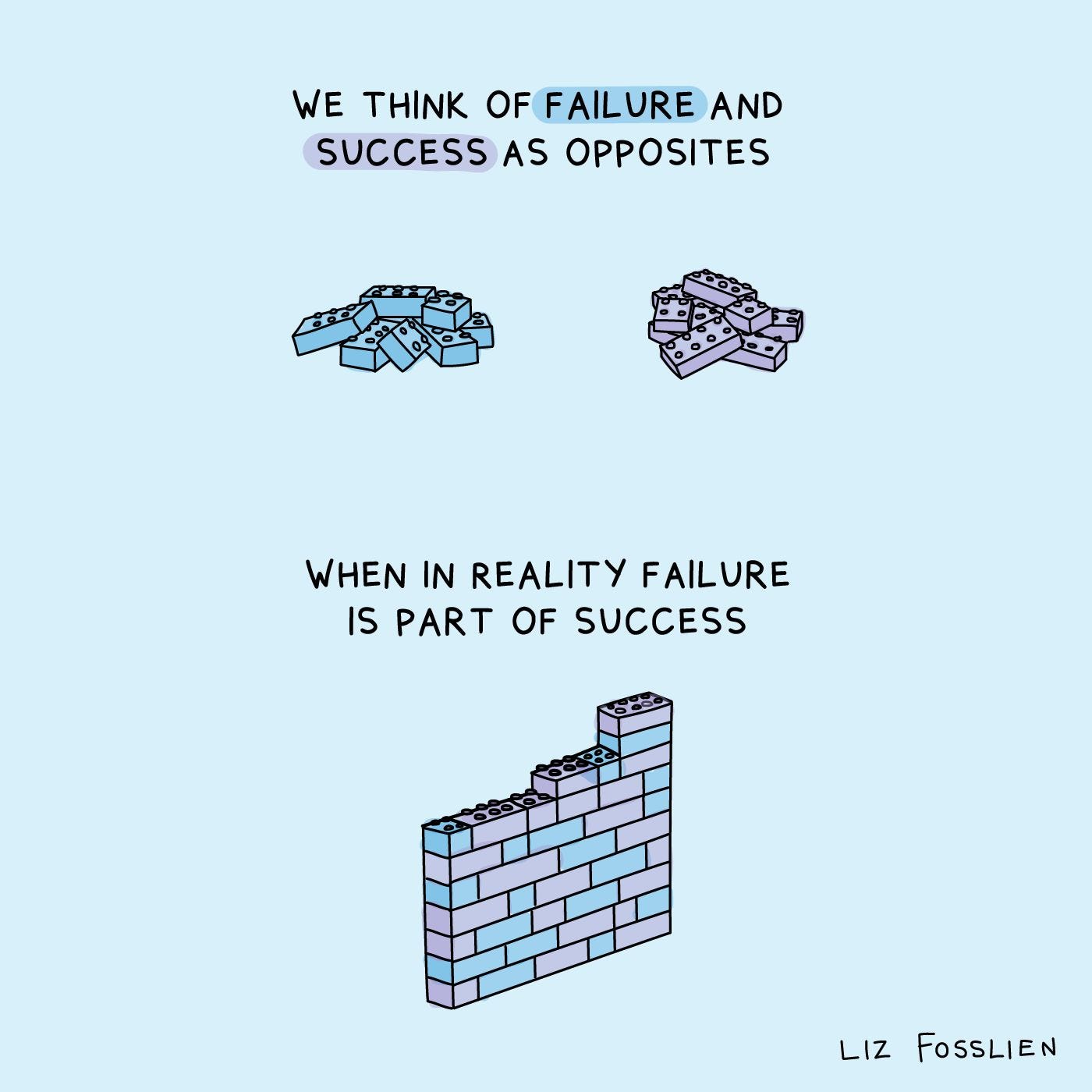
Greetings, dear readers!
The first month of 2024 is coming to a close, which means it’s time for the monthly PNP roundup! Here are some of my favorite media I’ve consumed over the past month on writing, productivity, and managing all the things. Some of this content is new, some of it is old, but all of it has kernels of wisdom for busy academic writers.
1. These are the Publish Not Perish posts from the past month, in case you missed any:



2. Would you like more accountability and community for your writing? Consider joining the PNP Writing Circle!
We check in on Mondays to set goals for the week, talk about writing or what we are working on, and then follow up on Fridays to let everyone know how everything is going.
I have really enjoyed the group's energy and consider it a great way to start my week with enthusiasm and an extra push to complete the goals I set for myself. Also, it is a wonderful, supportive group of people. Join us!
3. I recently learned about Cohort Sistas, an awesome community resource founded by PNP reader Dr. Ijeoma Kola. Here is a description of what they do:
Cohort Sistas provides digital resources, mentorship, and community to improve equity in doctoral education.
While our programs and platform are open to all doctoral students, applicants, and degree holders, we prioritize and center the needs and perspectives of Black women and nonbinary scholars.
Cohort Sistas offers mentoring, professional development workshops, networking events, and panel discussions, among other things. They also have a podcast, and based on the few episodes I have heard, Cohort Sistas is definitely a kindred spirit to PNP! Check them out!
4. I appreciated this comment from on Briana’s Top Tips for Writing a Dissertation post:
My metaphor for dissertation writing is that it's like cleaning out a cluttered basement. The task seems insurmountable at first glance, but the only way through it is box by box.
I love this metaphor! It also makes me think of this post:
5. If you want to learn more about time tracking and time management in general, Katrina McChesney's article in the Times Higher Education has some really helpful insights. I especially loved this point:
Some tasks will, of course, be non-negotiable. Most academics must teach a specified loading, for example, that brings fixed numbers of contact hours or papers to grade. However, we have choice around how we do those tasks. I’ve found it helpful to recognise the levers that we can use to configure things such as our teaching and adjust the time involved. Depending on our experience and context, teaching-related examples include how much time we spend preparing, which material we choose to revise each semester, the types of assessments we select (and their implications for marking time), and how we share co-teaching and preparation with colleagues. Looking for the levers we can move and the spaces where we do have agency allows us to change the time that at least some tasks take. Choosing to be part of consultation and critique and proposing alternatives is also an important form of pursuing improvement at more structural levels.
Yes, it is critical to recognize where we have agency in how we spend our time, rather than believing that time to prepare for teaching tasks, for example, is predetermined for us.
On another note, I saved this article a while ago, and when I went back to add it to this post, I noticed that Katrina gave a shout out to PNP. Thank you! 👊
6. You are not alone in experiencing failure, and we should talk about it more. Consider this post on LinkedIn:
Success is rarely a straight line from goal to gold.
As a leader, it can be tempting to focus solely on accomplishments. But this may inadvertently make your team feel anxious and afraid to speak up.
When you only showcase impressive outcomes, you send the message that the journey was linear and error-free. Which means that as people within your organization inevitably hit road bumps, they may think they're the only ones experiencing lows along the way.
The next time you talk about a win, include examples of challenges that popped up, the solutions you tested that did and did not work, and the lessons you learned.
In other words: don't hide the hard! Instead, help your team understand that ups and downs are part of the process.
I believe we need to work on this same idea in academia. The achievements we count are few and far between. A dissertation takes years to finish. Tenure requires many years to achieve. An article can also take years to be published. Also, we don’t usually specify how many failures were involved in achieving success. We need to talk more about this and highlight how impactful failure is for learning.
I write more about the idea of learning from failure here:
If you have any upcoming events you would like to publicize, or if you have read or listened to media that might engage other PNP readers, please email me!
Email: jenn@publishnotperish.net





